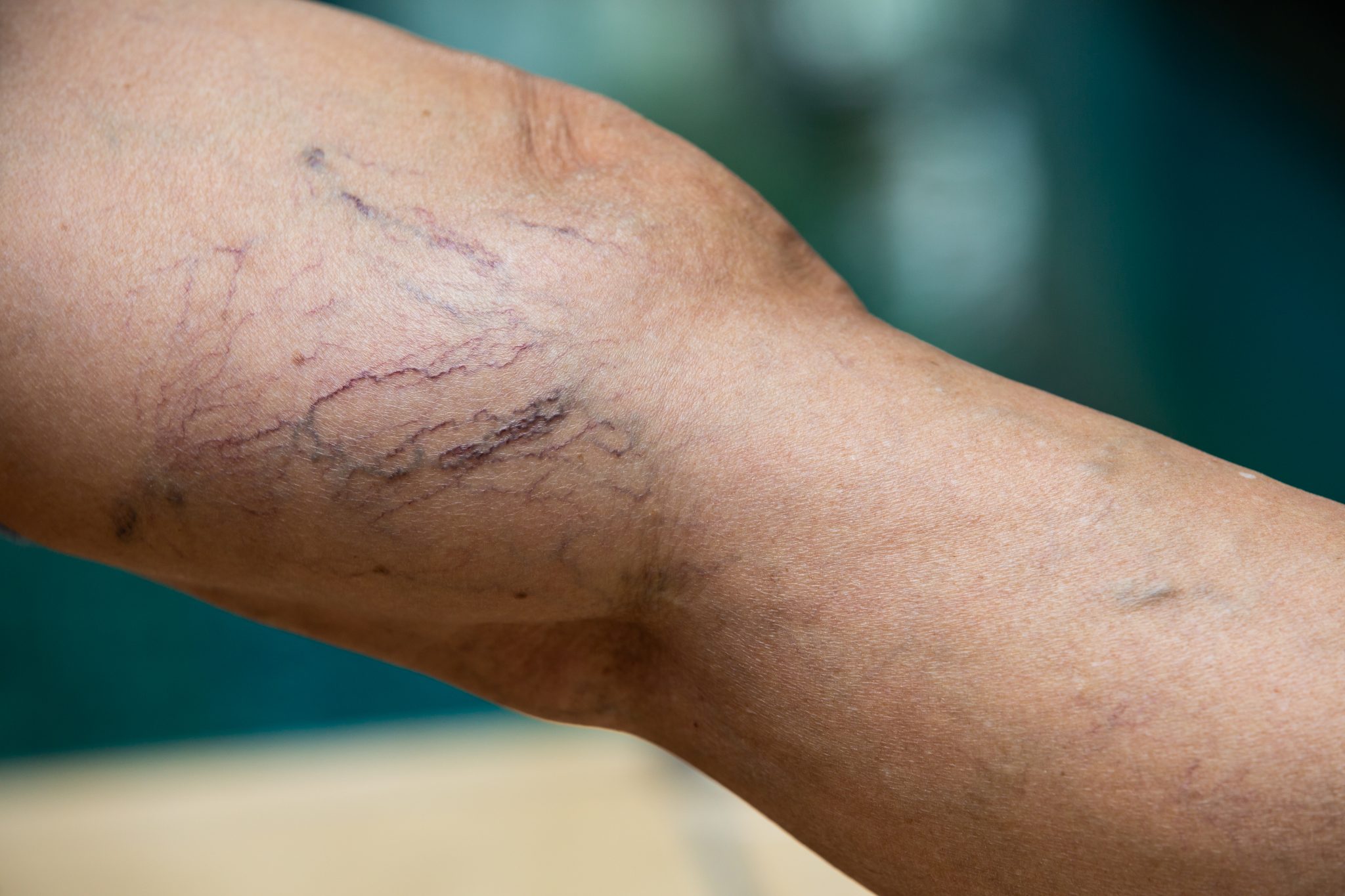7 Things Every Woman Should Know About Cholesterol
Poor eating habits are a significant issue in a world where people are crazy for extra cheese topping on their pizza or deep-fried chicken, where people run after fat-fried lamb chops or creamy toppings on their shakes. Undoubtedly, merely the thought of such foods makes your mouth water, but these greasy food items are actually full of fat and cholesterol. High levels in the body are a major risk factor increasing the chances of heart and liver diseases. Hence, eating such fatty foods, though temporarily are a feast to your taste buds but, in the long run, can completely destroy your body.
Women, specifically, are a greater risk of having a higher cholesterol level in their body. This is governed by various body factors like age and hormone levels. But what most women need to realize is that cholesterol stands at the front-line, leading to a majority of body diseases. Such problems have become very common among women. It is high time that women start taking adequate measures to maintain a balanced cholesterol level.
This is why enlisted below are the 7 things that every woman must know about cholesterol.
1. What is Cholesterol
Simply put, cholesterol can be defined as a fatty substance found in the human body and blood. It is a major constituent in maintaining the cell membranes of our body. The liver synthesizes cholesterol from all the greasy food items that we eat. Though this organic molecule is essential for the human body and its functioning, the fact cannot be denied that excess of everything is bad. Excessive cholesterol levels in the body lead to life risks. Thus, every one of the age 20 and older should get their body cholesterol measured once every 5 years at least.
• What is ‘Good’ and ‘Bad’ Cholesterol
You must have often heard of good and bad cholesterol. These are essentially the two basic types of cholesterol found in the human body.
• Good Cholesterol
This is also called HDL or high-density lipoprotein. It transports excessive bad cholesterol out of the arteries and helps in filtering the body from too much cholesterol. The excess cholesterol is passed on to the liver that excretes it out of the body. This type of cholesterol has a positive influence on the body.
• Bad Cholesterol
This is called LDL or low-density lipoprotein. Its role is to carry the cholesterol from the liver to various body cells and tissues for structural and functional roles. However, this kind of cholesterol is responsible for the blockade of arteries due to fat building up. This can lead to inflammation or stroke. This is why LDL has negative effects on the body.
• Sources of Cholesterol
Cholesterol is a wide ranged compound present in a lot of foods like milk, butter, cheese, eggs. The main sources of good cholesterol or HDL are extra-virgin olive oil, legumes, cooked beans, bran, cereals having whole grain, fatty fish, ground flax seeds, chia seeds and nuts like almonds or pistachios.
All other oily content of food serves to be a great supply of LDL or unwanted cholesterol. This is why it is advised for all the women in the kitchen to take strict action while preparing foods. Avoid all other sources of cholesterol except the ones rich in HDL. This is the major way to safeguard your health.
• Functions of Cholesterol
It is crucial for all women to realize that cholesterol is not bad. It is only ‘excessive’ or increased cholesterol levels that are harmful to the body. Normally, adequate levels of cholesterol are required in the body to make certain hormones, Vitamin D, and bile acids in the liver for digestion of food.
• What Affects Cholesterol Level
The content of cholesterol in the human body depends on diet, weight, and physical activity. Maintaining a healthy lifestyle with a 30-minute workout each day will boost your body HDL levels keeping you healthy throughout the day.
However, age and gender are the two crucial factors leading to risks in your health. As women grow older, they experience hormonal changes during menopause. Before the age of 55, women tend to have higher HDL levels because the female hormone estrogen boosts the level of good cholesterol in the body. After menopause, there is a significant decrease in estrogen. This serves as the principal cause of higher LDL levels and lower HDL levels in older women. Belonging to the female gender, it is essential for every woman to strictly monitor her cholesterol intake because there may be sudden changes after menopause.
• Risks of Increased Cholesterol
Menopause brings about an abrupt increase in LDL or bad cholesterol for a woman’s body. When the LDL level rises, more cholesterol is transported out of the liver to your cells. This is why in the passage within the arteries, this kind of cholesterol often sticks to the walls. The LDL gradually builds up in the arterial walls and causes a blockage in them commonly termed as plaque. This plaque restricts the blood supply within the blood vessels and increases the burden on your heart. Under such circumstances, the female body may suffer from a greater probability of heart attack or stroke due to clogged arteries.
• How to Reduce Cholesterol Levels
If you have been told that you’re suffering from increased LDL levels in the blood, do not freak out. Cholesterol level can be easily maintained by natural methods; you just need to take extra precautionary measures. Instead of using cholesterol-lowering medications, it is preferable to maintain a healthy lifestyle and diet.
- Maintain an adequate body weight by working out daily for 30 minutes at least. Losing weight will significantly reduce your cholesterol levels.
- Avoid smoking frequently as it will improve blood circulation. Tobacco and tar present in cigarettes affect the heart functioning.
- Avoid eating sweetened foods and drinks but prefer drinking greater levels of water. In addition, don’t eat foods that are rich in saturated fat contents like red meat and full-fat milk or dairy items.
- Omega-3 fatty acids should be your new best friend. Eating salmon, mackerel, walnuts, and flaxseeds will boost omega-3 in your body and hence, have a highly effective influence on lowering blood pressure.
- Change your diet to fruits and vegetables, beans, oats, whole fiber, etc. Use olive oil because it critically boosts HDL levels of cholesterol which are beneficial in kicking out the bad cholesterol from your body. Eat increased amounts of almonds, pistachios, walnuts, chia seeds, and flaxseeds.
- Women with prominently increased cholesterol levels should eat soluble fiber. Soluble fiber acts as nutrition for the bacteria living in your intestine. These bacteria thus work to remove all harmful types of cholesterol from the body.
Being a woman, taking care of your health should be your number one priority. For this purpose, it is essential to have a strong knowledge and background information regarding your diet. Menopause affects the female body severely by disrupting hormone levels; thus increased cholesterol is something that should not be comprised upon.





